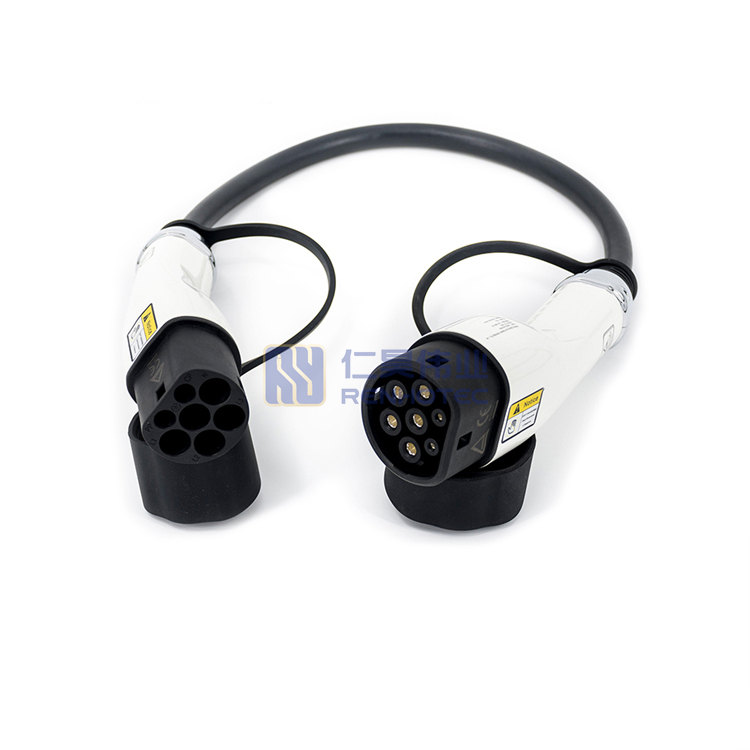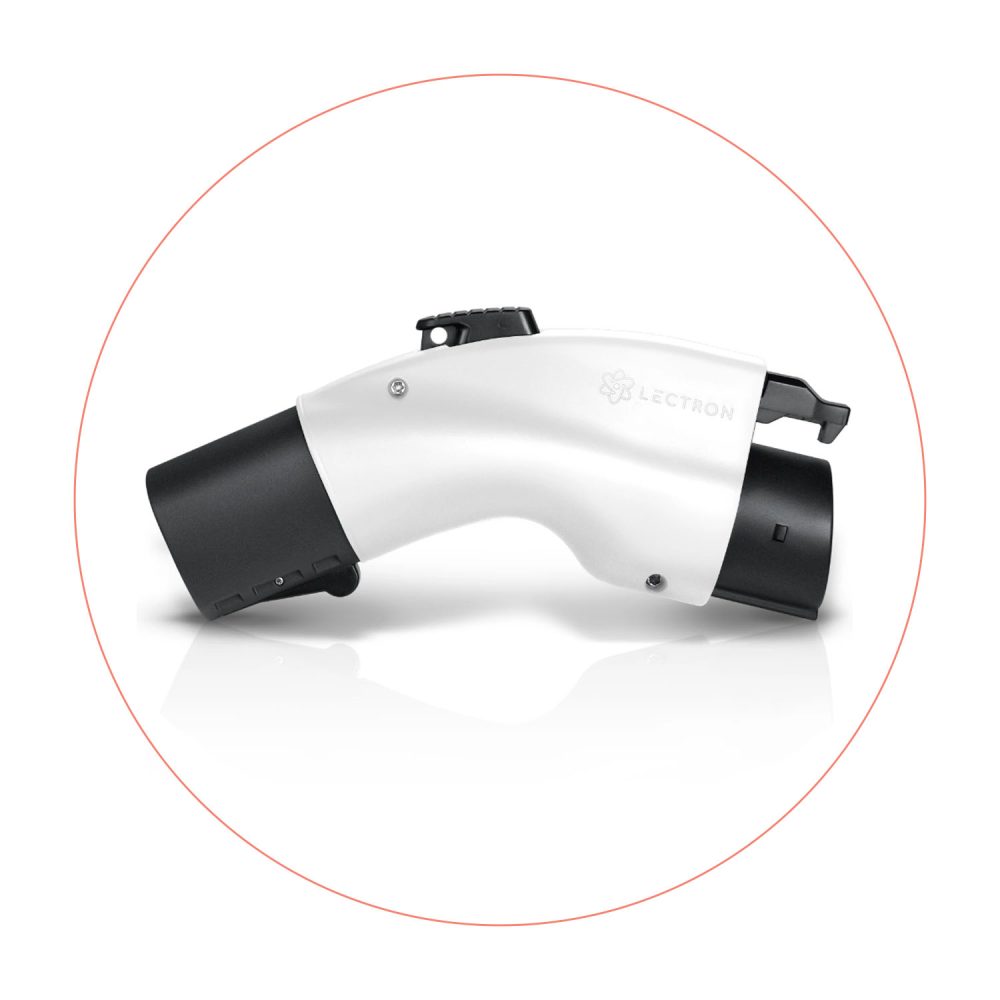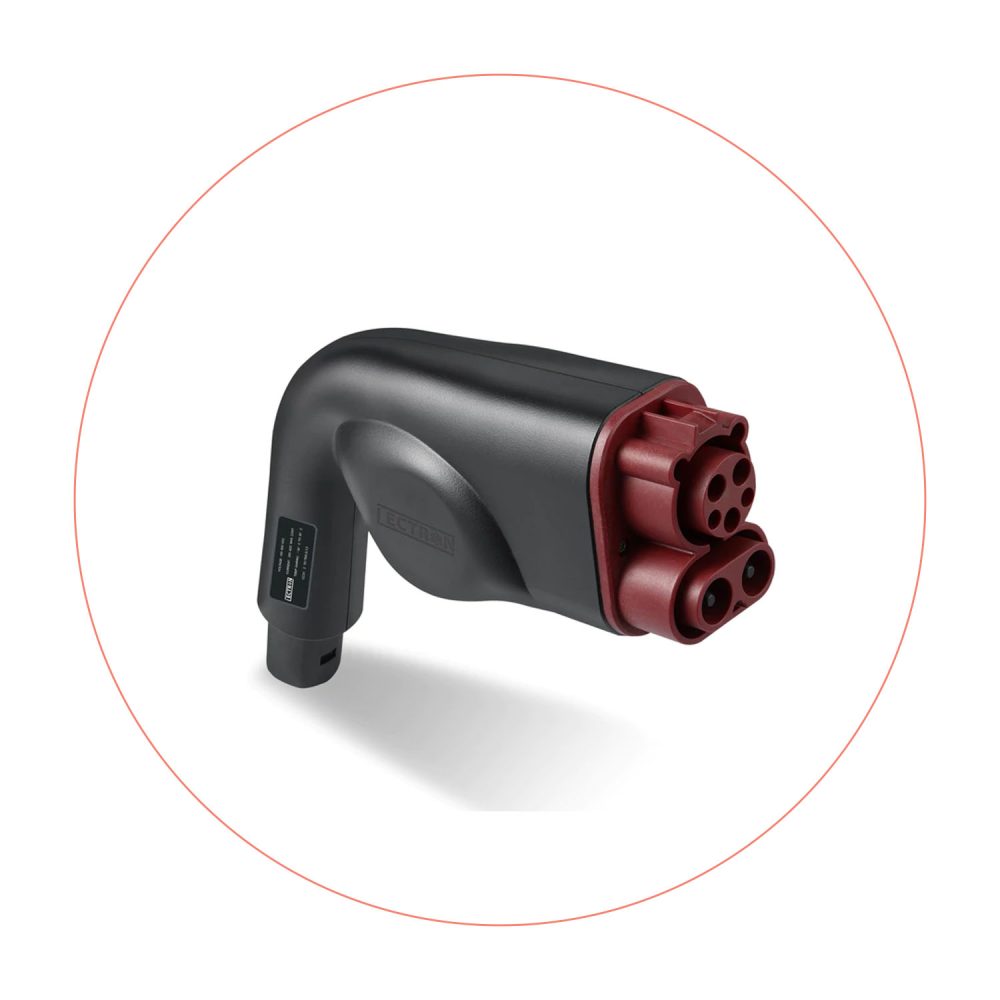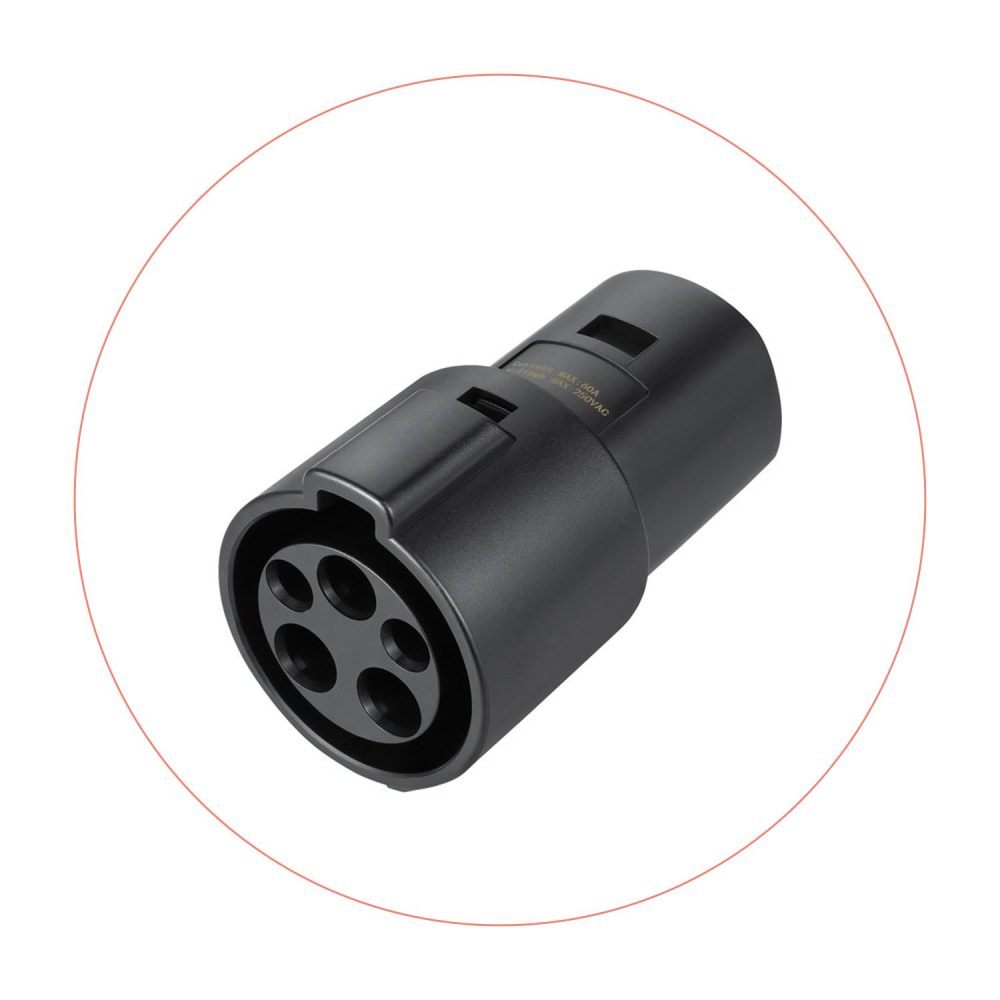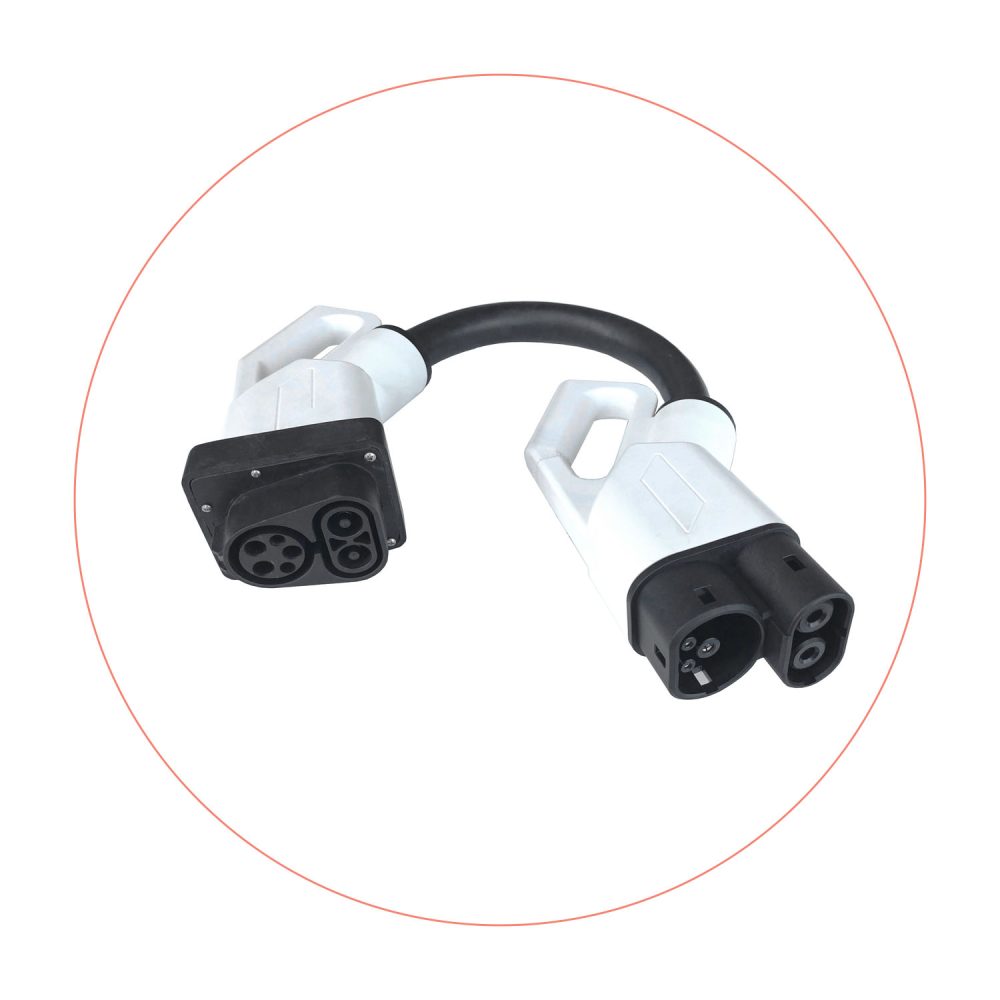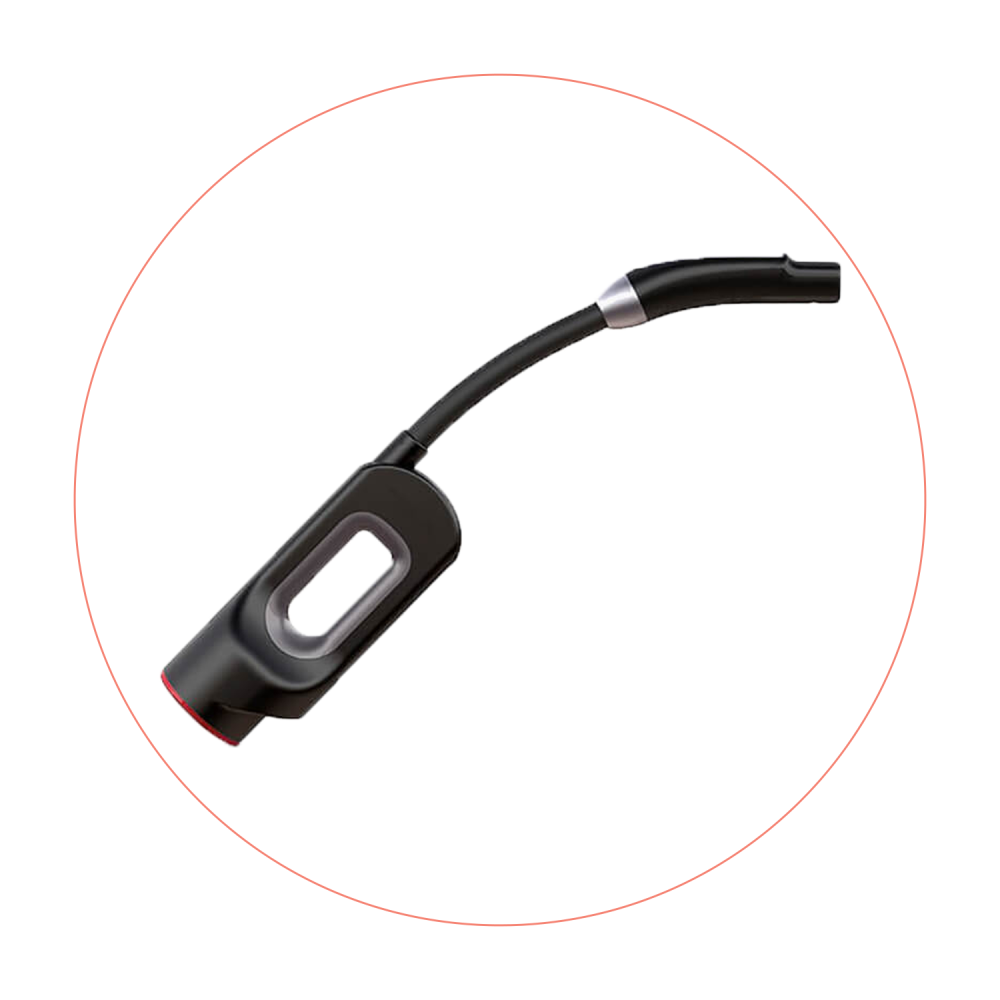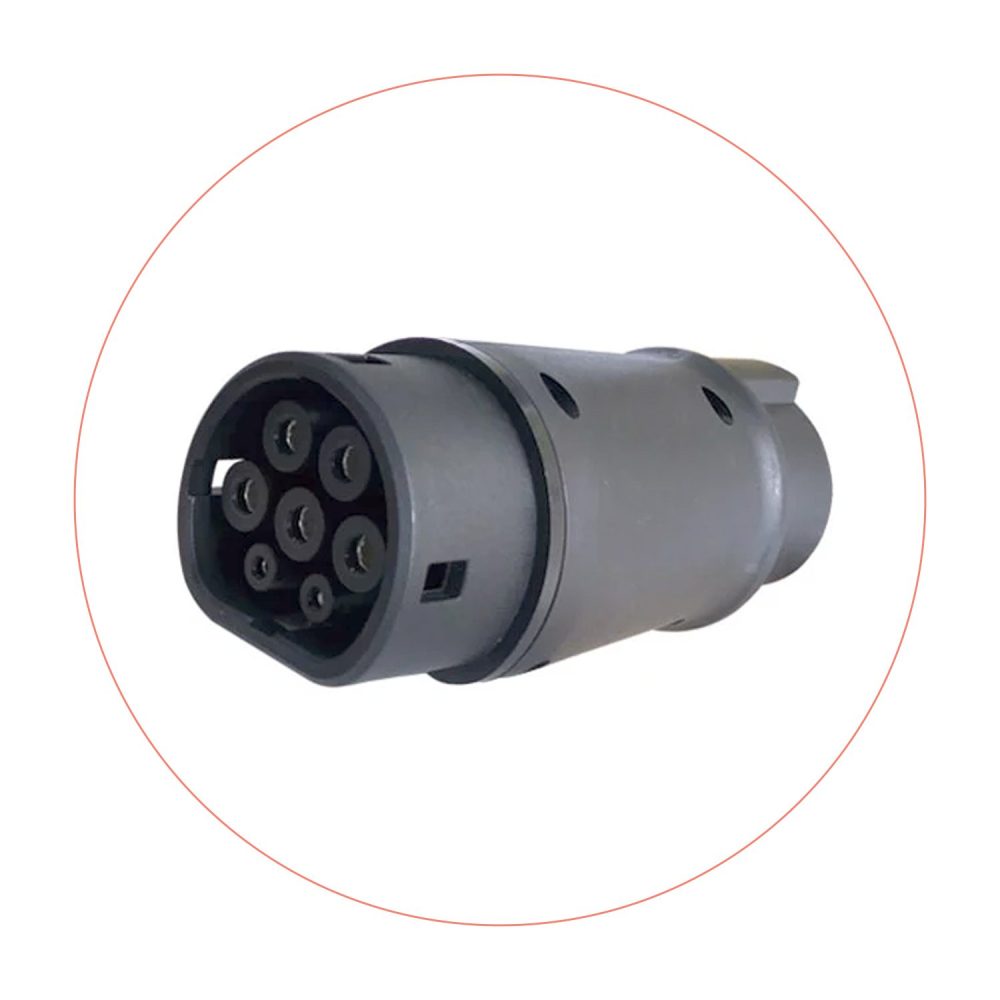Like the cell phone charging port, the charging port of electric cars also does not have a uniform specification standard. It sucks to imagine when your Tesla runs out of power, and you only have a J1772 charging station in front of you. If you have a EV charger adapter, it’s not a problem anymore.
If you have an electric car and are a heavy car user, keeping an EV charging adapter in your trunk may effectively ease your mileage anxiety.
The most common EV charging ports on the market today are Tesla and J1772, in addition to CCS1, CCS2, CHAdeMO, and GB/T. They all have their corresponding adapters, and we will explain them in detail next.
Methodology
To determine the best EV charger Adapter for your vehicle, we tested 22 different adapters models. Our methodology included product performance evaluation, safety evaluation, and price evaluation. We also considered the user experience of purchasers on the Internet and adept customers of electric vehicles.
Lectron Tesla to J1772 Adapter
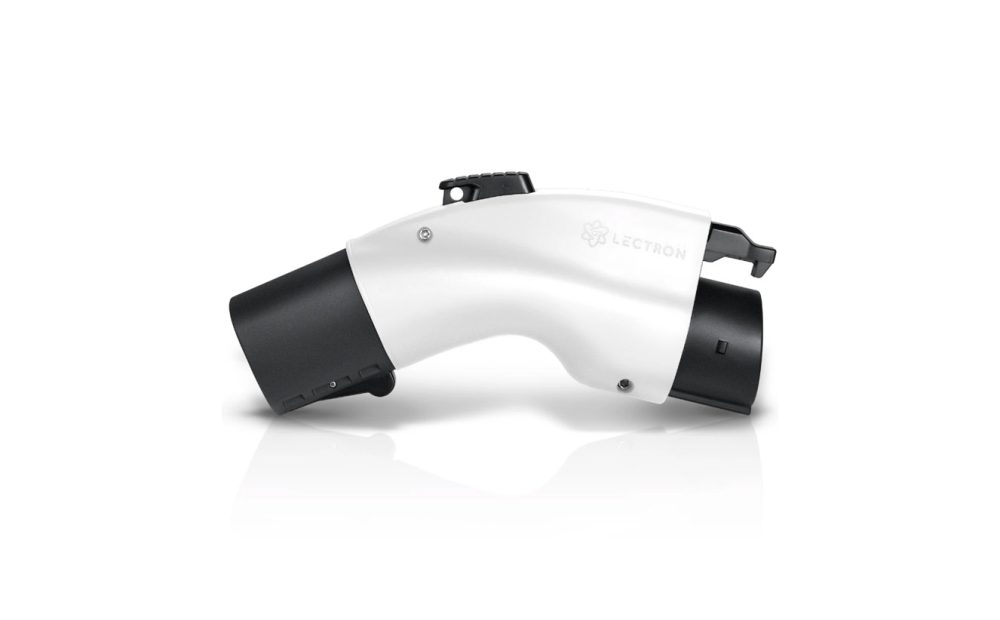
This is Lectron’s latest Tesla adapter. Compared to the previous generation adapter, the maximum charging current of this product has been increased from 40A to 48A. When I charge my Toyota Rev4 Prime, and in 4 hours, it is fully charged up to 40 miles. It is much easier to use than others. It is straightforward to install, and even the less tech-savvy people can use it easily. It’s an affordable solution for non-Teala EVs to utilize Tesla’s FANTASTIC Level 2 charging network.
Pros & Cons
✅ Maximum charging current 48A
✅ Easy to carry
✅ Rainproof
⛔ Tesla Supercharging not available
⛔ Not protected
Renhotec J1772 to Tesla Adapter
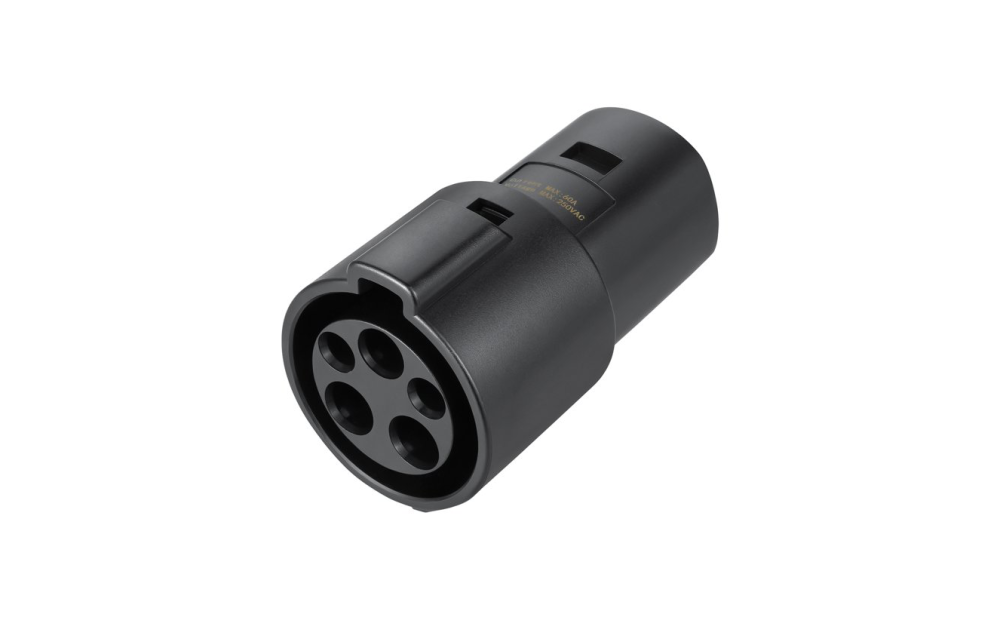
The Renhotec J1772 adapter is a powerful product with a maximum charging current of 60 A and a maximum voltage of 250 V. It easily connects Tesla to Level 1 and Level 2 J1772 charging stations, dramatically increasing your charging options. Plus it is so light and small that you can take it wherever you go. It is a perfect replacement for the original Tesla adapter and works great but at a much lower price.
Pros & Cons
✅ High compatibility
✅ Easy to carry
✅ High powered for Tesla
⛔ Low moisture protection
Tesla CHAdeMO to Tesla Adapter
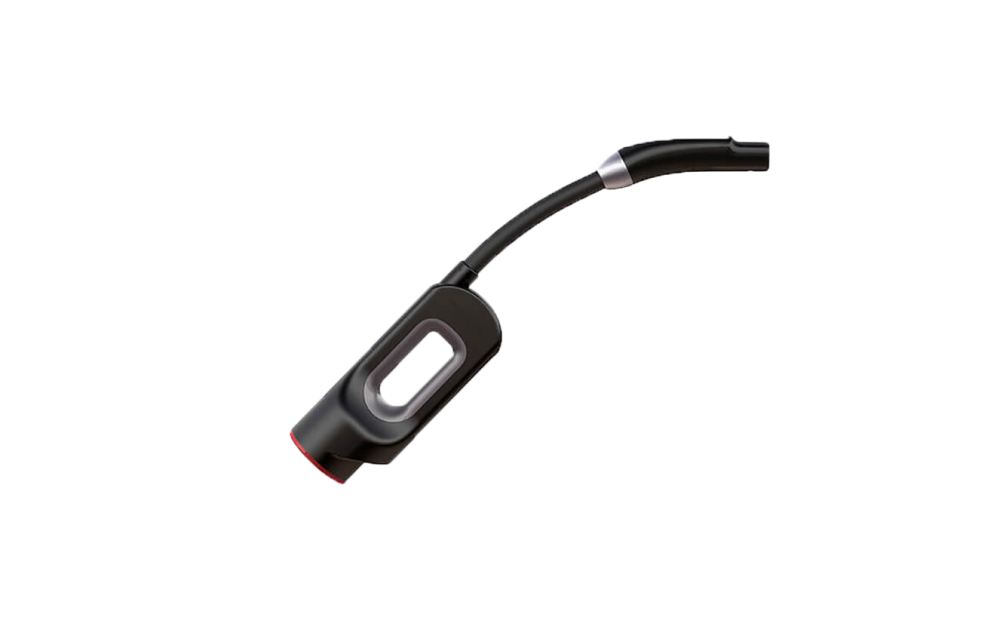
Currently, we have no better option than the Tesla CHAdeMO adapter. The Tesla CHAdeMO adapter allows Tesla cars to use the large CHAdeMO charging stations throughout North America. It will charge the car at 50 kW, which is not as fast as Supercharging but much faster than a 220-volt connection. The most significant benefit of using the CHAdeMO adapter is not having to wait in line for a Supercharger and charging quickly on thousands of CHAdeMO chargers.
Pros & Cons
✅ Compatible with CHAdeMO
✅ Level 3 charging available
⛔ Premium price category
⛔ Too bulky
Lectron CCS1 to Tesla Adapter
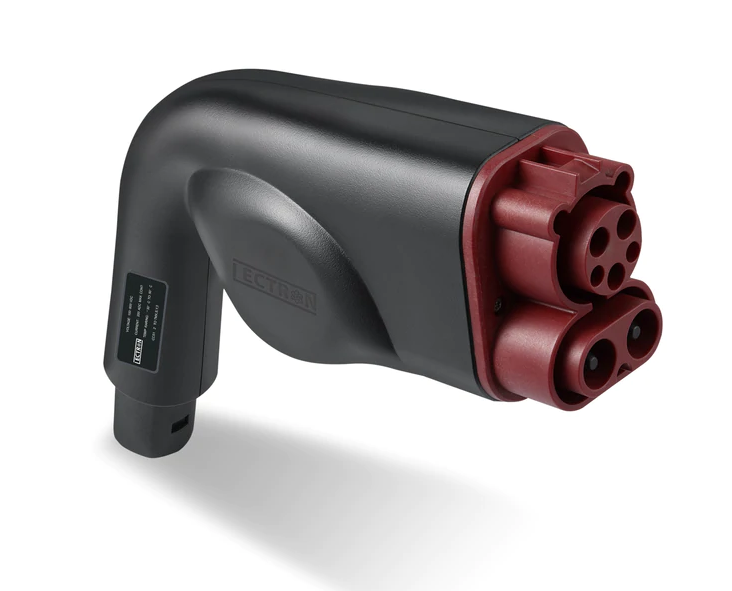
There are not many CCS to tesla adapters available on the market. Lectron’s adapter supports a maximum charging current of 200A and DC voltages of 100-800V. Up to 70-80 kW charging rate supported for Tesla Model S/X and up to 50 kW supported for Tesla Model 3/Y. It can cut your charging time by almost half. Note that you will need to update the firmware via your computer before using it, which may be a problem for the less tech-savvy.
Pros & Cons
✅ Compatible with CCS1
✅ Level 3 charging is available
✅ Ergonomic design
⛔ Premium price category
⛔ Need to update the firmware
Renhotec CCS1 to CCS2 Adapter
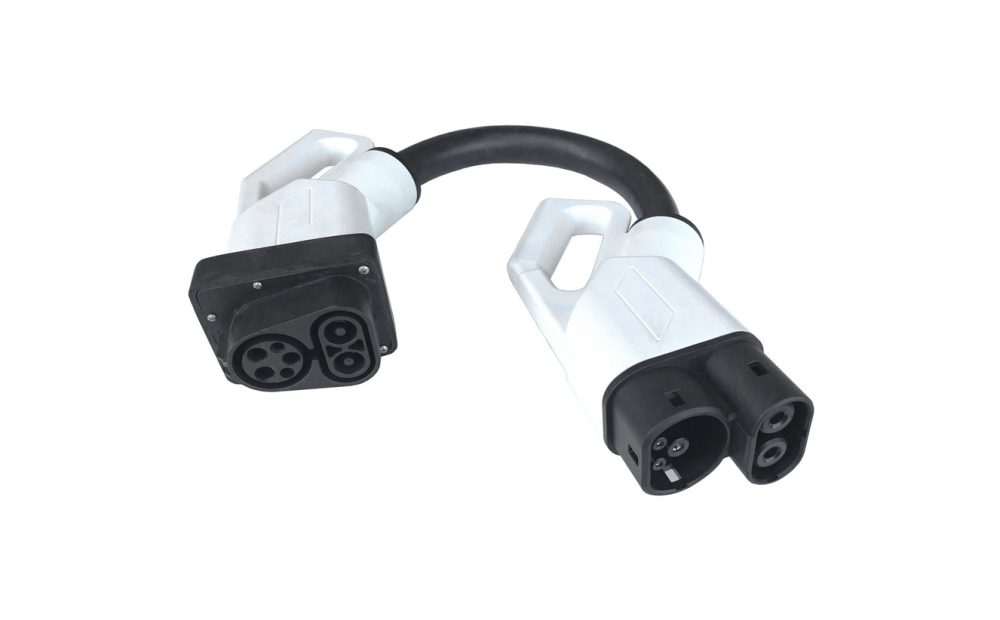
CCS2 is the universal charging standard in Europe. BMW, GM, VW and other European car manufacturers use the CCS2 charging connector. This CCS1 to CCS2 adapter has a maximum charging current of 150A, a maximum voltage of 1000V and a maximum charging power of 127.5kw. The charging head fits in your hand, connecting and disconnecting without difficulty with the mechanism. When we tested the heat during the adapter’s operation, it was the lowest temperature of the tested products, indicating a tight and reliable contact. If you use a car with a CCS2 interface in the US, you may need it.
Pros & Cons
✅ Сase material does not scratch a car
✅ Clever handle design
✅ Moisture protection
⛔ Not a small form factor
Renhotec J1772 to Type2 Adapter
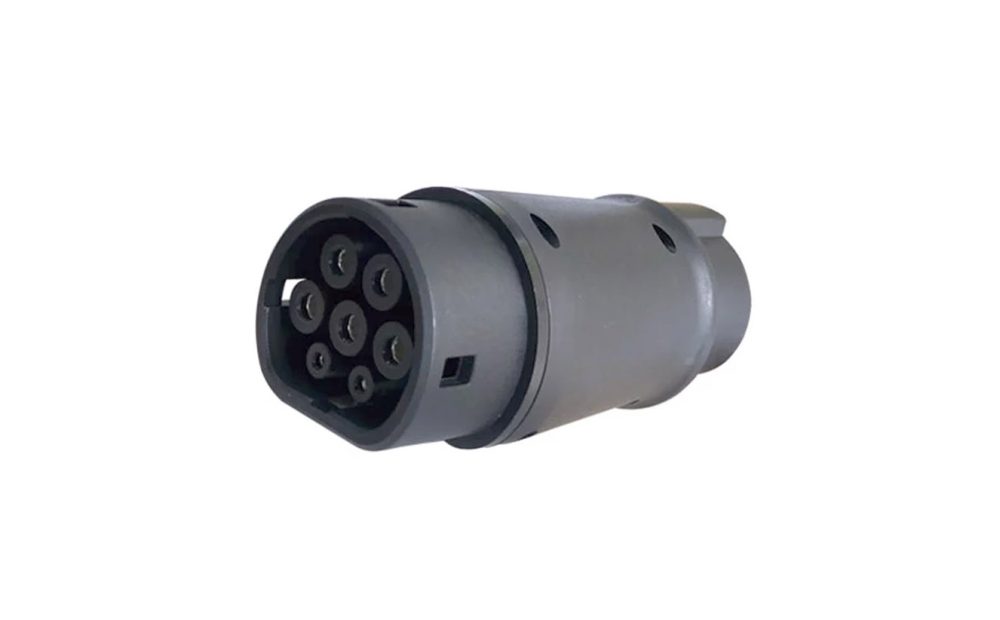
This J1772 to Type2 adapter from Renhotec has a maximum charging current of 32 A and a maximum voltage of 250 V. In overheating tests, this EV Charger adapter performed well and, when charged at the maximum allowable voltage for one hour, was its hottest point at 103 ° F. The device is lightweight, easy to transport for travel needs, and suitable for outdoor use. If your electric vehicle has a European standard type 2 (IEC/Mennekes) entry, you can use this handy adapter to charge at the type 1 (J1772) charging station.
Pros & Cons
✅ Form Factor
✅ Easy to carry
✅ The most compact size
⛔ Low moisture protection
What do I need to pay attention to before I buy?
When you decide to buy an adapter, there is one thing you have to figure out. Determine your car’s charging port, and then determine if the adapter’s port and your car’s port don’t match. Here is a rule to help you choose, A to B Adapter, A is for the cable side, B is for the EV side. e.g. with Tesla to J1772 Adapter, we can use Tesla charging station to charge the car with J1772 interface.
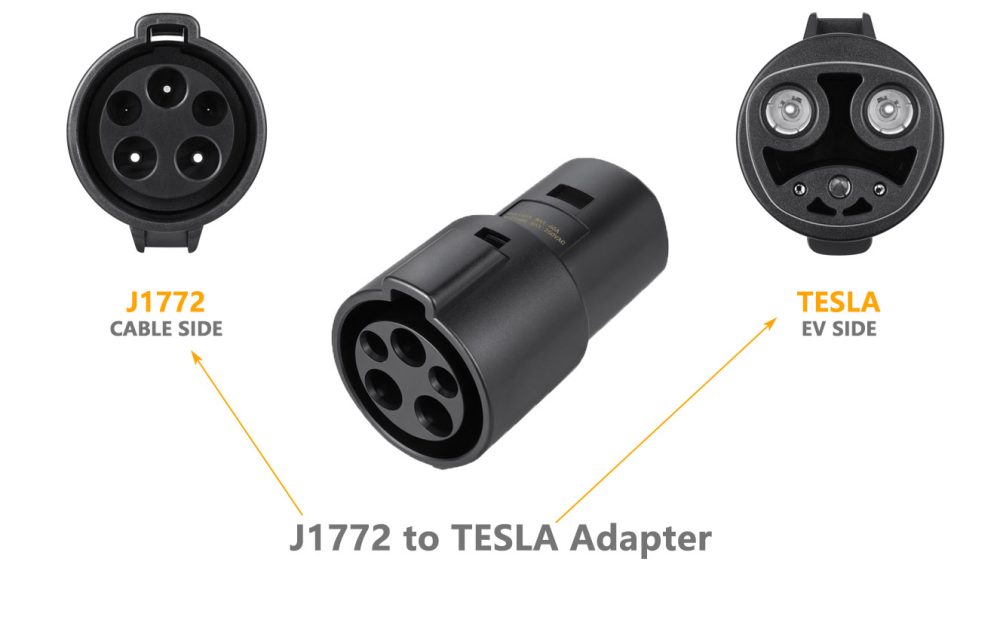
Conclusion
With the popularity of electric cars, we can see many advantages, such as faster acceleration and more economical. But its disadvantage is also apparent. We can not charge the electric car as quickly as filling gasoline.
Imagine your Tesla is running out of battery, but there are only 6 J1772 chargers across the street. You may have to limp to another SC 60 miles away. But if you have an ev charger adapter in your trunk, you won’t have to run the gauntlet.
If you have other product recommendations, you can leave them in the comment box. If you like our article, please feel free to share it with your friends.

